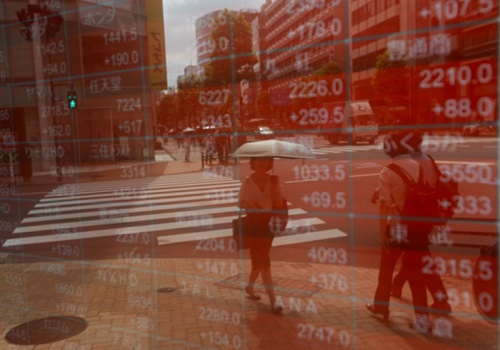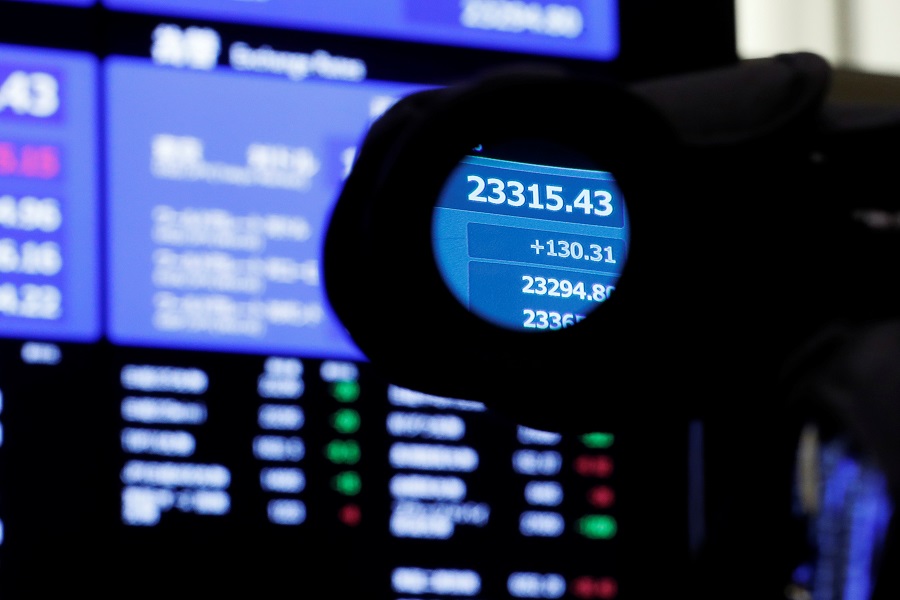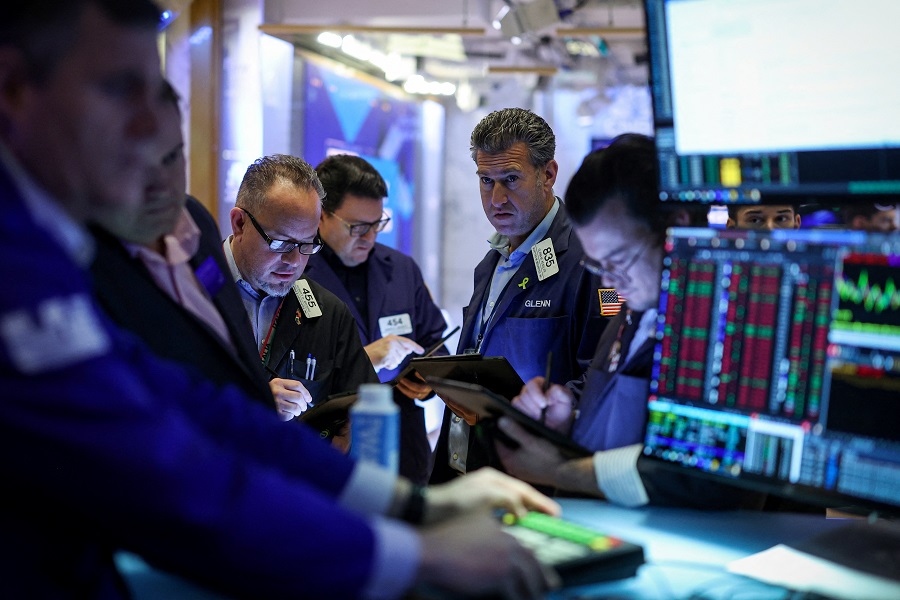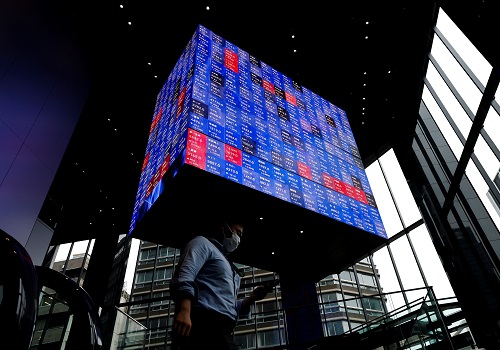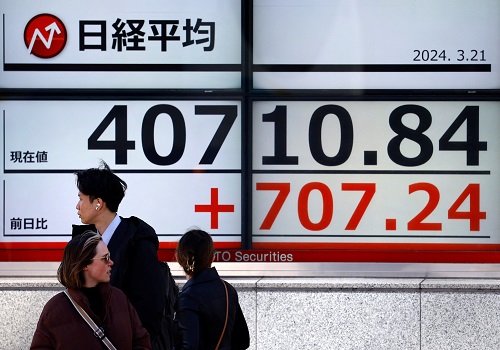Asia stocks head for monthly loss as China drags; FOMC looms
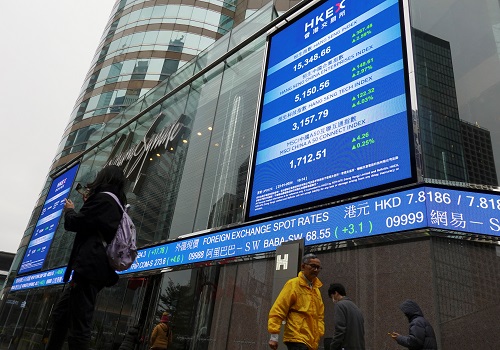
Asian shares fell broadly on Wednesday, while the Australian dollar slid after surprisingly soft inflation data and Japanese government bond (JGB) yields ticked higher on growing bets of an imminent policy shift from the Bank of Japan (BOJ).
Chinese markets wobbled after an official factory survey showed China's manufacturing activity in January contracted for a fourth month as the world's second-largest economy struggles to regain momentum.
MSCI's broadest index of Asia-Pacific shares outside Japan slid 0.4% and was heading for a monthly loss of roughly 5%, snapping a two-month winning streak.
That was in part due to a steep selloff in Chinese stocks this month amid angst over the lack of large stimulus moves by authorities to shore up the economy and low investor confidence, prompting Beijing to step in to put a floor under its sliding market.
"There's a patently clear sign in my mind (that) they don't want the market to go down anymore," Mark Matthews, Bank Julius Baer's head of research for Asia, said at an outlook briefing in Singapore on Tuesday.
"Up until last week, they somehow thought that they could get away with just little dribs and drabs, and somebody must have decided somewhere that actually, no, we have to do more."
China's blue-chip index, which earlier this month sank to its weakest since 2019, was 0.6% lower on the day and down roughly 6% for January, marking its sixth straight monthly decline - a record losing streak.
Hong Kong's Hang Seng Index shed more than 1%, weighed down by property and tech names, and was on track for its worst January performance since 2016 with a 9% loss.
In Japan, a summary of opinions from the BOJ's January meeting out on Wednesday showed policymakers discussed the likelihood of a near-term exit from negative interest rates and possible scenarios for phasing out the bank's massive stimulus programme.
JGB yields edged broadly higher in response, with the two-year JGB yield rising 2.5 bps to 0.095%, its highest since Dec. 11. [JP/]
"Markets have come to see governor (Kazuo) Ueda as one who favours gradual shifts," said Maybank analysts in a note.
"The likely larger wage revisions, rising economic activity and price trends should allow BOJ to lift policy rates out of negative terrain."
The yen bounced briefly but was last lower on the day, down 0.1% to 144.78, and was headed for a monthly decline of 4.5%.
The Nikkei which has been one of Asia's standouts, ended the month with a more than 8% gain, its best January performance since 1998.
Elsewhere, Nasdaq futures fell 0.8%, while S&P 500 futures lost 0.4% ahead of big tech earnings. EUROSTOXX 50 futures were flat.
FED WATCH
Other market moves were largely subdued as traders stayed on guard ahead of the Fed's rate decision later in the day, with expectations that the central bank will keep rates on hold.
The focus, however, will be on Fed Chair Jerome Powell's post-meeting press conference, as well as any hints from policymakers on how soon the Fed could begin easing rates.
"It is too early to claim victory on inflation ... Therefore, we expect some persisting hints of tough language at this week's FOMC," said Benoit Anne, managing director in the investment solutions group at MFS Investment Management.
"But there is nothing to worry about. The macro backdrop is as good as we have seen in a very long time, characterised by diminished recession risks and favourable disinflation dynamics."
Data on Tuesday showed U.S. job openings unexpectedly increased in December and data for the prior month was revised higher, pointing to a still-resilient labour market that is likely to give the Fed room to keep rates higher for longer.
That propped up the two-year Treasury yield, which typically reflects near-term interest rate expectations. It was last at 4.3345%, having risen more than eight basis points for the month. [US/]
The U.S. dollar similarly held broadly steady, with the euro down 0.24% at $1.08185. Sterling fell 0.19% to $1.2677.
In Australia, the Aussie fell 0.61% to $0.65625, after data showed consumer price inflation slowed more than expected to a two-year low in the fourth quarter, prompting markets to bring forward bets of rate cuts.
Among commodities, oil prices dipped after climbing in the previous session as tensions linger in the Middle East. [O/R]
Brent futures slipped 22 cents to $82.65 a barrel. U.S. crude lost 18 cents to $77.64 per barrel.
Gold last bought $2,034.65 an ounce, retreating from a two-week top hit in the previous session. [GOL/]

















